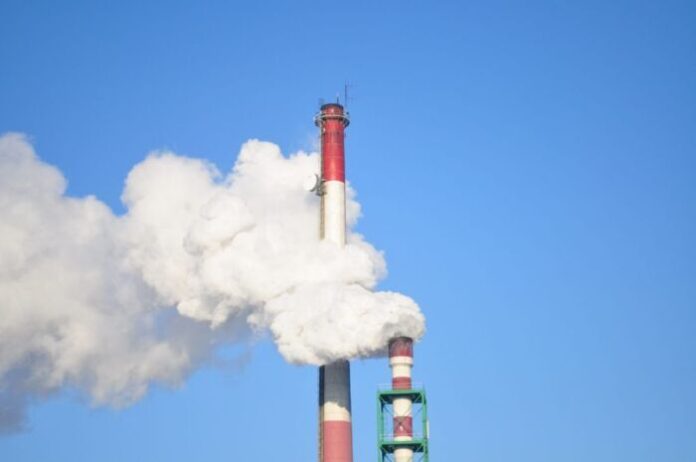
With the launch of the European Green Deal, there will be increasing interest in the use of renewable sources and consequently in the policies to contain emissions from non-renewable and polluting sources, such as coal. Here it becomes increasingly important for everyone (institutions but also citizens) to understand how large companies are moving in this context, especially the financial ones that move large figures on investments. Certainly not easy: which of you has the time to search and read the hundreds of pages on the policies of banks, insurance companies or managers?
The instrument
Coal Policy Tool comes to our aid, a site born from the collaboration of multiple NGOs (including Greenpeace) and Reclaim Finance. In a very simple and immediate way, the site analyzes the carbon policies of the main financial institutions (banks, insurance companies and managers) and gives a score ranging from 0 to 10 taking into account both the loans in progress and the future policies to be in line with the Paris agreements and make the transition to 100% sustainable sources. The tool is so simple that it doesn’t seem real to you that you have all this information from authoritative sources.
How are the main Italian financial realities doing?
The Italian list includes Unicredit, Intesa San Paolo, Eurizon and Generali (both manager and insurer) for a total of 6 legal entities. In a score from 0 to 10 (where evidently 10 represents the best to aim for) only Unicredit has metrics ranging from 8 to 10 and above all it has a clear strategy on how to exit the coal sector by 2028. All other realities they have much lower scores on the various metrics (almost all in red) and no strategies on implementing the transition to sustainable sources.
Why it is important to have a good score
Let’s not forget that financial institutions are the ones that lend money to companies or manage the liquidity of households and pension funds by investing in the capital of companies. If the investment / loan policy were guided by principles that minimize the environmental impact, what would happen to those companies that pollute a lot because they mainly use non-renewable sources (for economic convenience or because this has always been done)? They would find it difficult to find funds, the cost of debt would rise and therefore they would be forced to rethink their energy supply policy. This is why it is essential that financial institutions begin this virtuous circle: this would lead to chain benefits on all production areas precisely because of the important role that banks and insurance companies have within our economic system.
What can we do as ordinary citizens
If you are also interested in sustainability issues and feel that more needs to be done but you don’t know what, you can start by asking for more transparent information on the subject. If we talked more, in the news, in talks with friends, in schools, sustainability would become an important topic that financial realities and businesses in general could not ignore. You can also ask work what policies are being implemented to reduce the environmental impact and become a promoter / promoter of the actions to be set up by raising awareness among colleagues and colleagues. Finally, let us remember that the future is also in the hands of our children: they too must speak (in an age-appropriate language) about sustainable investments and clean energy.



































